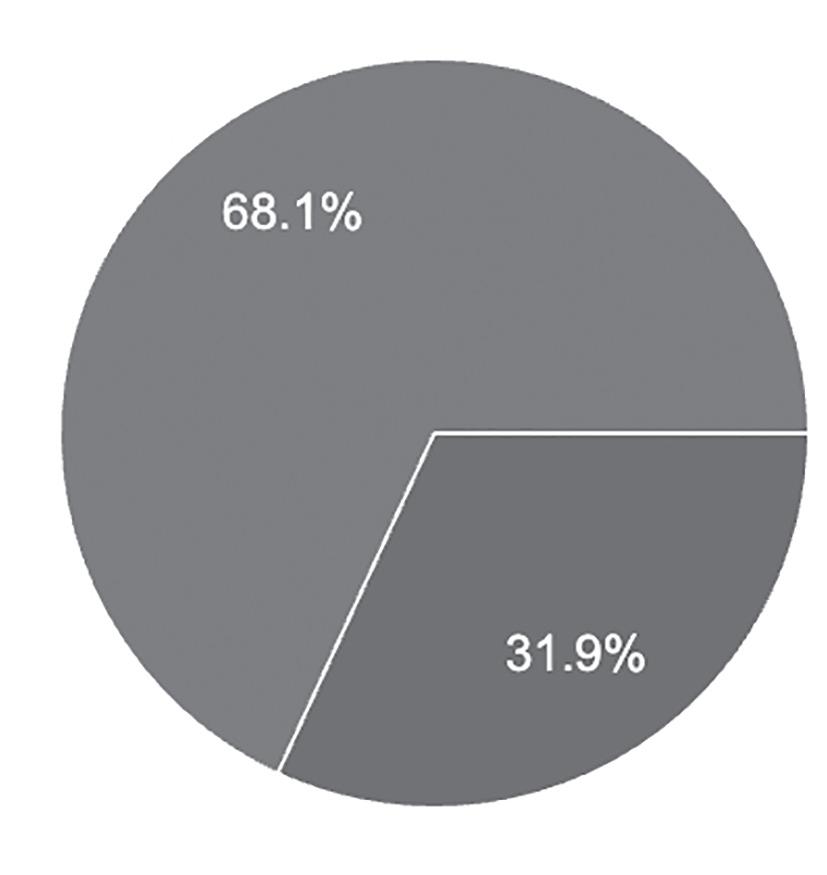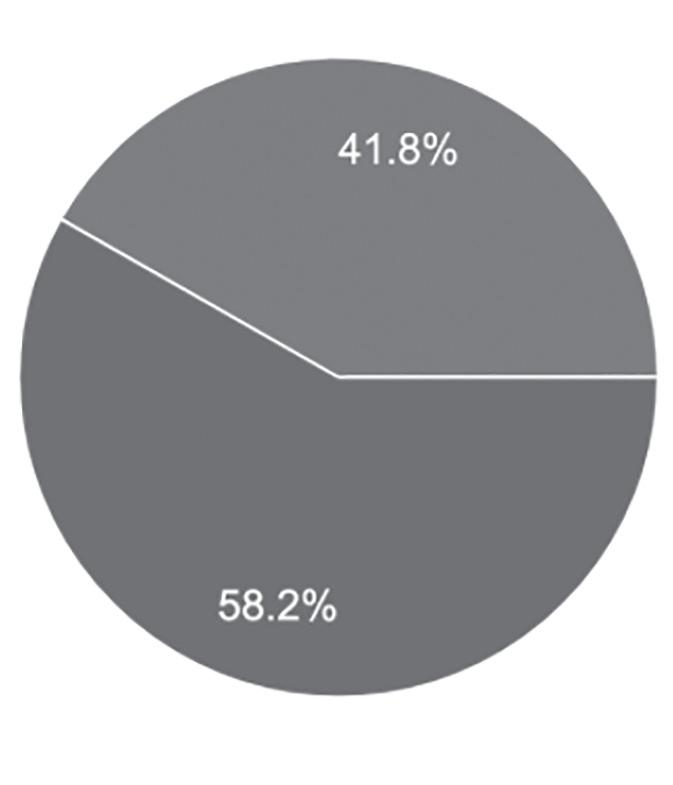
1 minute read
You Are What You Eat
Is the provided food healthy? Everyone has their own situation “Different diets depending on the position played,” football coach Andrew Sturgill said. He doesn’t just mean sports, everyone’s body and options are diffent, all they can do is adapt to their healthiest options. Some places can’t always provide all the supplies needed for health due to lack of money. Food is given a fair amount to keep a stable knowledge of what they are getting.
“WHAT’S THE BEST ADVICE YOUR COACHES HAVE GAVE YOU ON NUTRITION”?
Advertisement
“DRINK A LOT OF WATER
AND ELECTROLYTES.” -JOHN SORIANO SOPHMORE
“MAKE SURE YOU DRINK WATER ALL THE TIME.” -NOAH MEEKINS SOPHMORE
“STRETCH BEFORE AND AFTER ALL ACTIVITIES.” -ALEX ORTIZ SOPHMORE
HOW NUTRITION AFFECTS ATHLETIC PERFORMANCE
By Aubrey Murphy
Many don’t fully consider the harm of not eating healthy, they’ll shrug off not eating foods rich in calcium or vitamins or minerals until they can’t remember the last time they ate an entire carrot. Athletic performers and communities don’t realize the effects until they get injured. Athletes don’t think it’s because of their food intake, so when they get an injury, they’ll have to stay out for the rest of the activity. Varsity football conditioning coach Linden Loren is in charge of planning work out routines, but also informing athletes on how to fuel their bodies. “It’s hard to know what you don’t know,” Loren said. But there’s food and drinks that could be provided to prevent body aches. Any aching. There’s just a few problems.
We asked 91 students if their body commonly cramped after working out. 31.9% said yes and 68.1% said no.
HOW COACHES SEE IT
A couple common areas is how performance at practice can be drastically changed by mental health. When some don’t supply their brain with the right kind of foods, emotions are not as positive as they could be. Loren said beet juice, vegetable doping, lean meats and fruits is the center line for staying healthy and activated. He also strongly encourages water with salt.
We asked 91 students if they had good nutritional habits. 58.2% said yes and 41.8% said no.












